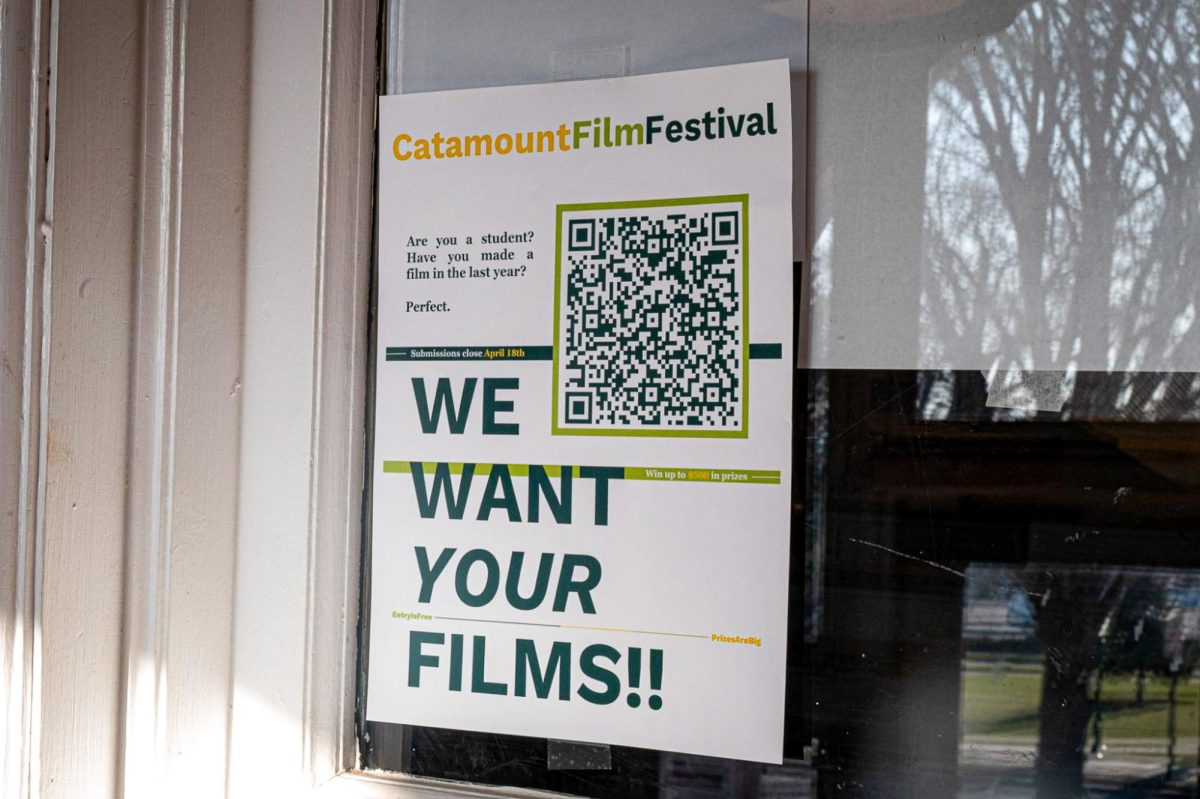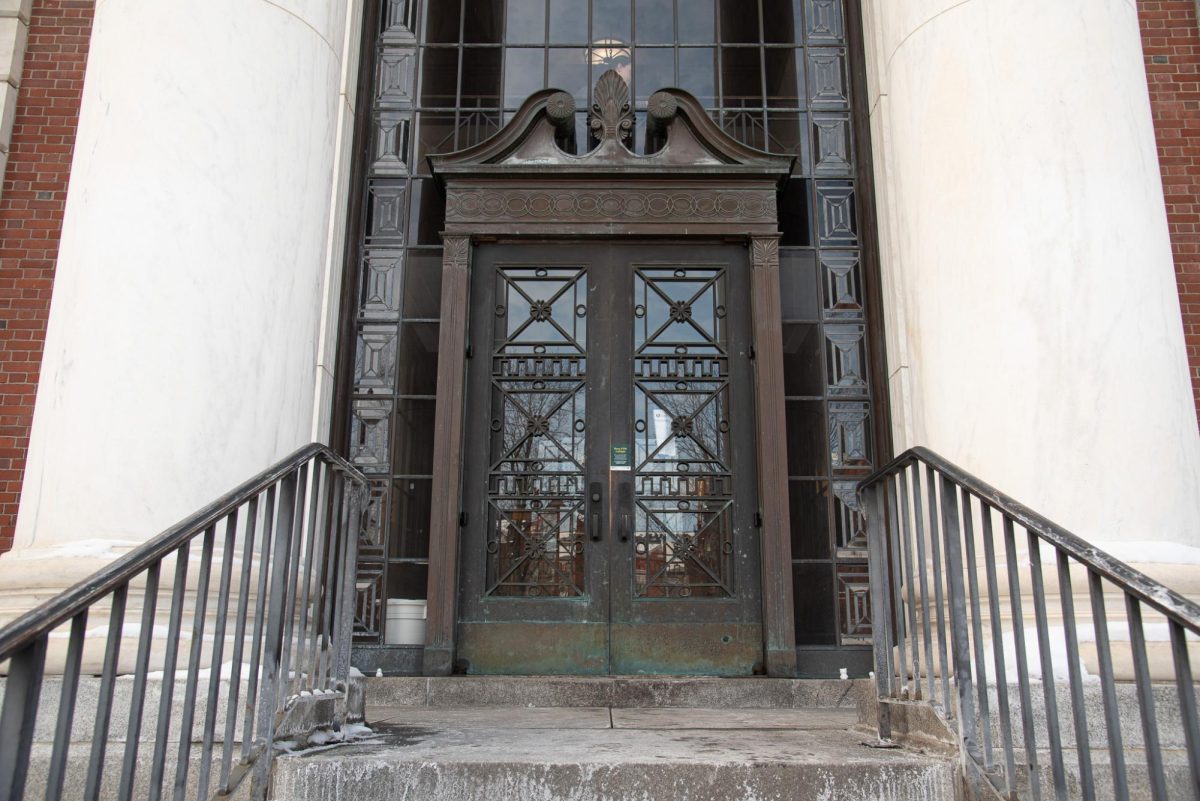Peter’s eyes quickly dart across the screen as the room fills with the sound of mouse clicks. Peter, a freshman from Deerfield, Illinois is one of millions of people enjoying the online poker phenomenon.
According to Sports Illustrated, online poker was a $10 billion dollar industry in 2005, a trend which only looks to increase.
Peter is playing three games of No-Limit Texas Hold’em simultaneously, placing one hundred dollars of chips at each while chatting on instant messenger in the only vacant quarter of the screen. Peter is sitting at tables with $0.50-$1 blinds accompanied by five other players.
Ten player tables are available, but Peter prefers smaller tables because he feels players are more aggressive, allowing him to make more money. Peter plays very quickly, folding all but the most powerful hands without hesitation.
“I can play whenever I want, I don’t have to wait to put a game together,” Peter comments in praise of online play. “My friends and I hate taking each other’s money anyway, if we’re playing for serious money we don’t want to be pitted against each other.”
The ease of sitting down at a ten-person table in a matter of seconds lures many people. Online poker captures the time of 1.8 million players each month, playing at over three hundred sites and betting a daily $200 million dollars.
College students make up a large portion of the online poker population; a reported 12.5% of college aged men play at least once a week. But within this group there is also a serious problem: BBC.com reports that at least a quarter of these young adults show symptoms of a gambling problem.
“There were times when I felt addicted,” Peter decides after pondering for a moment, “I would play and lose, and keep playing for six hour stretches knowing I wasn’t going to be able to stop.”
Peter says that he plays about 15-20 hours a week, not unusual for a college player, but he admits there have been weeks when he played over forty hours.
“Yeah, I probably didn’t go out with friends a couple times, I just preferred to play.”
But Peter feels that his days of problematic gambling are long gone. In fact, Peter says often he doesn’t even want to play, but he just does it for the profit.
And profitable it has been. Peter reports that he has won somewhere between fifteen hundred and two thousand dollars in the last year.
Peter finally picks up a great hand, two kings, and he begins his aggressive routine. He bets three dollars before any community cards are revealed and the only player who chooses to remain in the hand raises the bet to ten dollars.
Peter only calls, opting not to re-raise with an extremely powerful hand. The first three community cards fall 5-6-Ace with no common suits; Peter immediately bets the rest of his chips for sixty dollars.
As the other player calls the bet Peter draws his breath, waiting for his opponents cards to be exposed. Finally the screen loads the graphic showing the other player’s pair of Queens.
A half-smile creeps onto Peter’s face as he watches the final two harmless cards fall and the small image of one hundred and sixty dollars worth of chips move to his seat.
“I knew I had him,” Peter adds with a smirk, already focused on his next hand.











